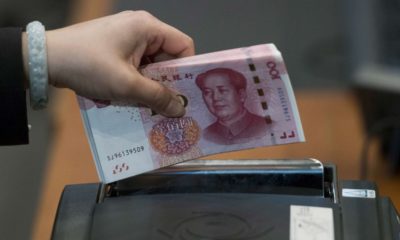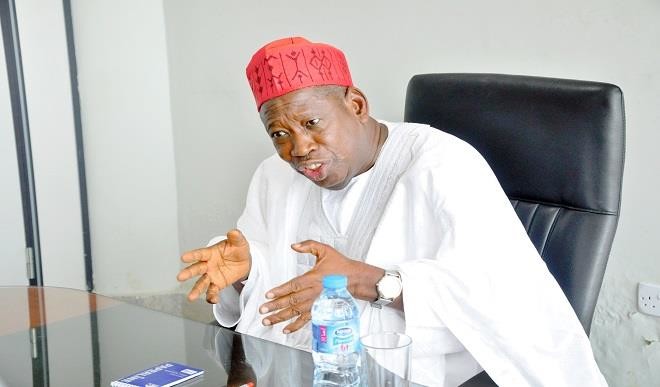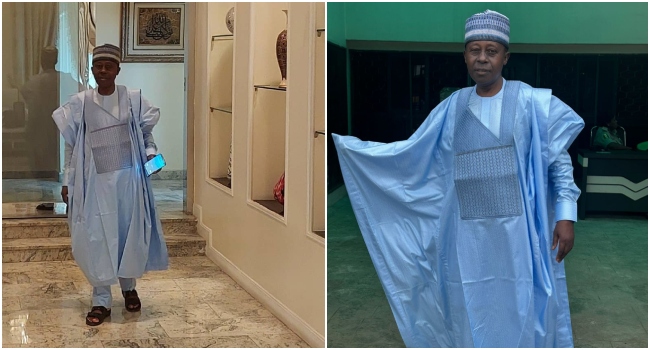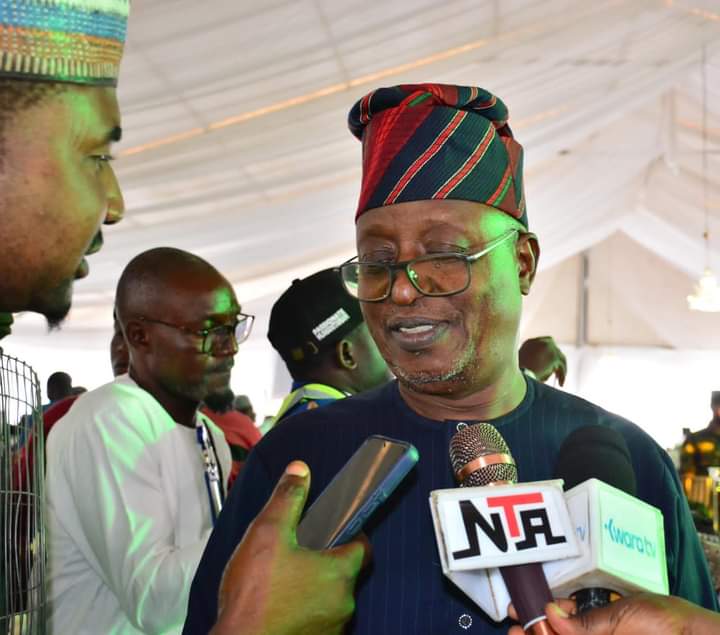- Xi Plans to Turn China Into a Leading Global Power by 2050
President Xi Jinping warned of “severe” challenges while laying out a road map to turn China into a leading global power by 2050, as he kicked off a twice-a-decade party gathering expected to cement his influence into the next decade.
In a speech that ran for more than three hours on Wednesday, Xi declared victory over “many difficult, long overdue problems” since he took power in 2012. He said China would continue opening its doors to foreign businesses, defend against systemic risks, deepen state-run enterprise reform, strengthen financial sector regulation and better coordinate fiscal and monetary policy.
“Right now both China and the world are in the midst of profound and complex changes,” Xi said. “China is still in an important period of strategic opportunity for development. The prospects are bright, but the challenges are severe.”
Investors are watching to see whether Xi will push through tough reforms as the world’s second-largest economy faces structural challenges over the next five years. At the same time, he’s seeking to boost China’s global clout with infrastructure spending while seeking to avoid a conflict with U.S. President Donald Trump over North Korea.
Reaction to the speech in markets was muted, with the benchmark Shanghai Composite Index adding 0.3 percent at the 11:30 a.m. local time break, while the yuan rose 0.2 percent against the dollar.
“We have a fairly clear blueprint of Xi Jinping’s political economy, with incredibly robust, strengthened state-owned sector playing a large role in propping up growth,” Jude Blanchette, engagement director at the Conference Board’s China Center, said in a Bloomberg Television interview. “We’re moving into a sort of China Inc. 2.0, a real upgraded version. That, sure, has markets and they’re going to play a really important role in this, but this is all within a birdcaged economy.”
Xi’s speech — officially known as the party work report, China’s most important policy document — included sections on politics, the economy, national defense, foreign policy and Hong Kong and Taiwan. He reiterated the goal of attaining “moderately prosperous society” by 2020, which has helped drive economic policy over the past five years.
Xi also laid out an ambitious plan to make China a “great modern socialist country” in the following 30 years — part of what he has called the “Chinese dream.” By 2050, he said, the party would be near the goal of achieving a “beautiful China” with the rule of law, innovative companies, a clean environment, an expanding middle class, adequate public transportation and reduced disparities between urban and rural areas.
“Chinese people will enjoy greater happiness and well-being, and the Chinese nation will stand taller and firmer in the world,” Xi said of his vision for 2050.
Xi painted China’s governance system as a unique development model while hailing signature policies like his Belt-and-Road infrastructure initiative and anti-corruption campaign, which has ensnared some 1 million officials since 2012 and sidelined many of his would-be rivals.
Xi affirmed the Communist Party’s supremacy and said that China shouldn’t copy the political systems of foreign nations, repeatedly emphasizing that the country had entered a “new era of socialism with Chinese characteristics.” He called for the rejection of the “Cold War mentality” in addressing global challenges, and said China would never seek global hegemony.
Xi said the Communist Party will strive to fully transform the People’s Liberation Army into one the world’s top militaries by 2050, and emphasized the need to modernize its combat capability.
“A military is built to fight,” he said.
Throughout the week, more than 2,000 delegates to 19th Party Congress will discuss and approve Xi’s report and revisions to the party charter. They will also appoint a new Central Committee, which will elect the party’s Politburo and its Standing Committee — China’s most powerful body — the day after the congress ends on Oct. 24.
Xi is set to emerge as one of the country’s top three leaders along with Deng Xiaoping and Mao Zedong, who founded the People’s Republic of China in 1949. He’ll be looking to secure a majority of allies on the new Standing Committee, which may potentially include possible successors who could rule until 2032.
‘Get Rich’
While economic growth has surprised on the upside in recent quarters, inefficient state-owned enterprises and ballooning corporate debt pose threats to stability. Last year, China saw its slowest full-year growth in about a quarter century, and S&P Global Ratings last month cut China’s sovereign rating for the first time since 1999.
The Communist Party has been adept at changing course and finding ways for its citizens to make money, according to Fraser Howie, co-author of the books “Red Capitalism” and “Privatizing China.”
“The bargain certainly in the past 25 years plus has been forget political freedoms, we will allow you to get rich,” Howie said in a Bloomberg TV interview. “Keeping power has been of absolute paramount importance to the party, and that’s the focus of what these meetings are about.”


 Naira4 weeks ago
Naira4 weeks ago
 News3 weeks ago
News3 weeks ago
 Education4 weeks ago
Education4 weeks ago
 Social Media4 weeks ago
Social Media4 weeks ago
 Economy4 weeks ago
Economy4 weeks ago
 Investment4 weeks ago
Investment4 weeks ago
 Dividends4 weeks ago
Dividends4 weeks ago
 Business3 weeks ago
Business3 weeks ago
























